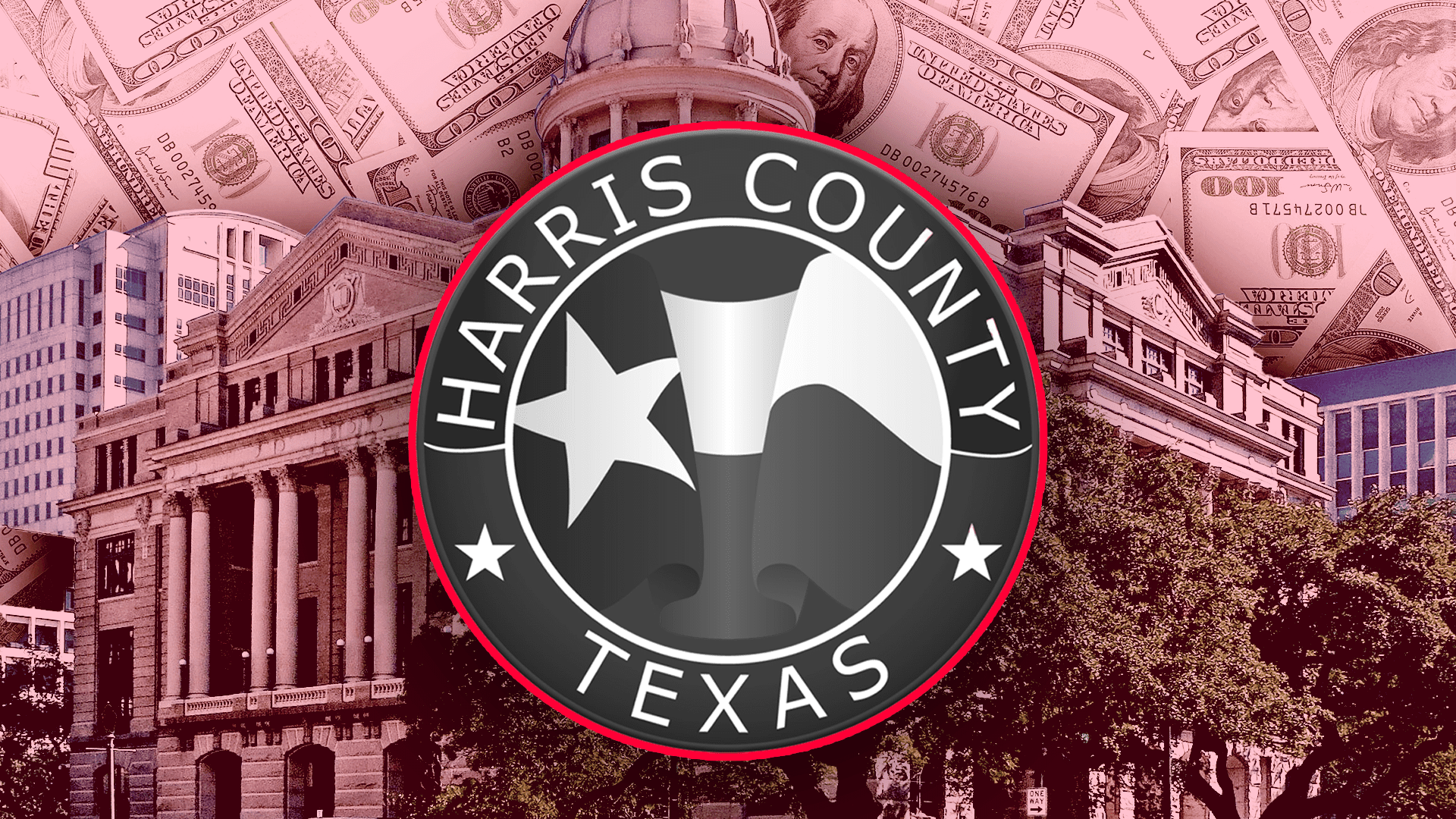Despite widespread consensus among medical professionals, the International Association of Firefighters, and the Centers for Disease Control and Prevention, that firefighters face increased rates of work-related cancer cases, at least two Texas cities are taking up legal challenges to avoid paying out benefits to cancer-stricken firefighters and their families.
The issue has raised national attention, as even President Donald Trump acknowledged a link between fighting fires and cancer. Just this month, Trump signed House Resolution 931, which creates a voluntary National Firefighter Cancer Registry.
Houston firefighter Margaret Roberts died last year of cancer after serving in the Houston Fire Department for twenty-one years. Now, the City of Houston is using city funds to fight paying worker’s compensation survivors’ benefits to her husband and children.
Shortly after Robert’s death, HFD Chief Sam Peña penned a letter to the state pension system confirming her death was “a result of an illness sustained in the line of duty.” Peña also declared it to be a “line of duty death” in a letter to The 100 Club, an organization that financially supports police and firefighters killed or injured in the line of duty.
While that should be sufficient enough for Robert’s family to receive her benefits, the city is fighting the release.
The city is claiming that instead of being work-related, her cancer was caused by race, weight, and familial history. To avoid paying her health benefits while she was still alive the city made the same argument then, and lost.
A few miles away, another city is taking an even more aggressive approach.
Sixteen-year Baytown Fire Department veteran, Battalion Chief Patrick Mahoney, is being sued by the city as they try to avoid paying his insurance coverage from 18 months of thyroid cancer treatment.
Mahoney’s city insurance doesn’t have coverage for cancer treatment and he is currently paying for his treatment out of pocket, but when he was diagnosed in December 2016, he filed a worker’s compensation claim to cover his treatment costs. He won two rounds of approval, one from the TML Intergovernmental Risk Pool and then again on appeal, so the city retained outside counsel to sue him.
Mahoney told a local paper, “We’ve had several firefighters with cancer in the Baytown Fire Department. So I suspect they want to fight tooth and nail to avoid setting the precedent that they’re going to accept any of these claims.”
The correlation between firefighting and cancer isn’t exactly new territory.
Four states officially recognize the link between cancer and firefighting and four scientific studies have found there is an increased or elevated risk of cancer among firefighters. The CDC and National Institute for Occupational Safety and Health performed a study tracking 30,000 firefighters from across the country and found higher rates of cancer when compared to the general population.
The “presumption statue” described in Chapter 607 of the Government Code ensures benefits for public officers and employees who have work-related illnesses under certain conditions, so Mahoney believes the law is on his side.
State Rep. Briscoe Cain (R-Deer Park), whose district partially covers Baytown, told Texas Scorecard, “This litigation is not only harmful to the firefighters and their families, it is harmful to taxpayers. Litigation is expensive and sadly governments often do not consider such costs.”
Ironically, both cities are likely spending more capital – political and financial – fighting these fights than would be spent on the Robert’s family and Mahoney.
First consider the money expended on legal fees for outside counsel or time for in-house pursuing these cases. Both can easily exceed the amount of the initial claims. Then consider the significant damage to morale and recruiting efforts within fire departments when they see a city taking legal action against firefighters for attempting to get their benefits.
Cities are likely concerned that if they begin approving claims, it will set precedent. But fighting what appear to be legitimate claims, especially when the arguments they use have failed before, is not in the best interest of taxpayers or public employees and their families.




